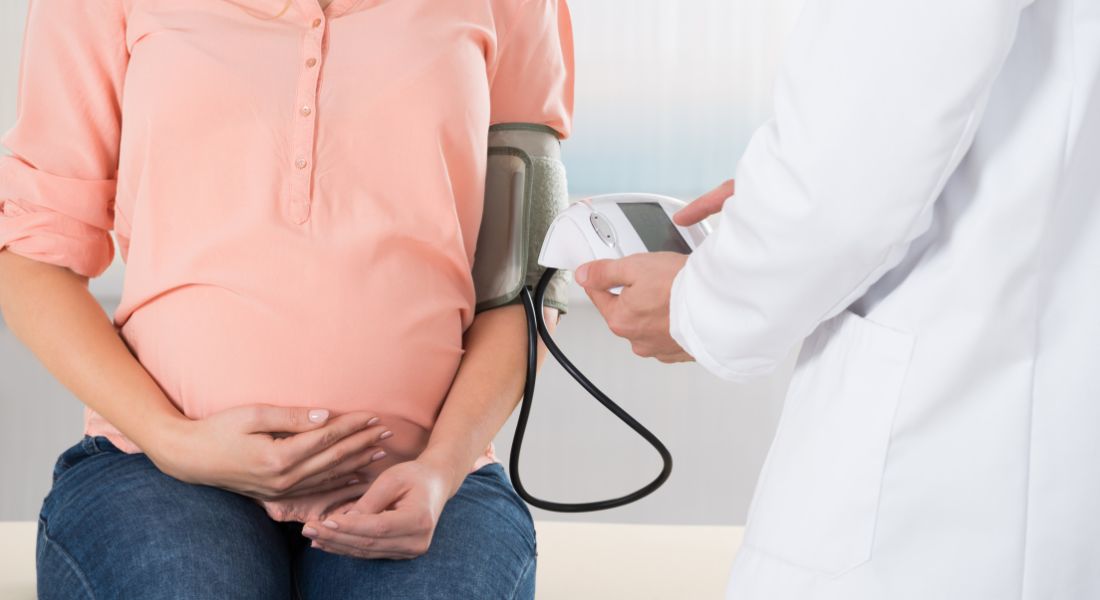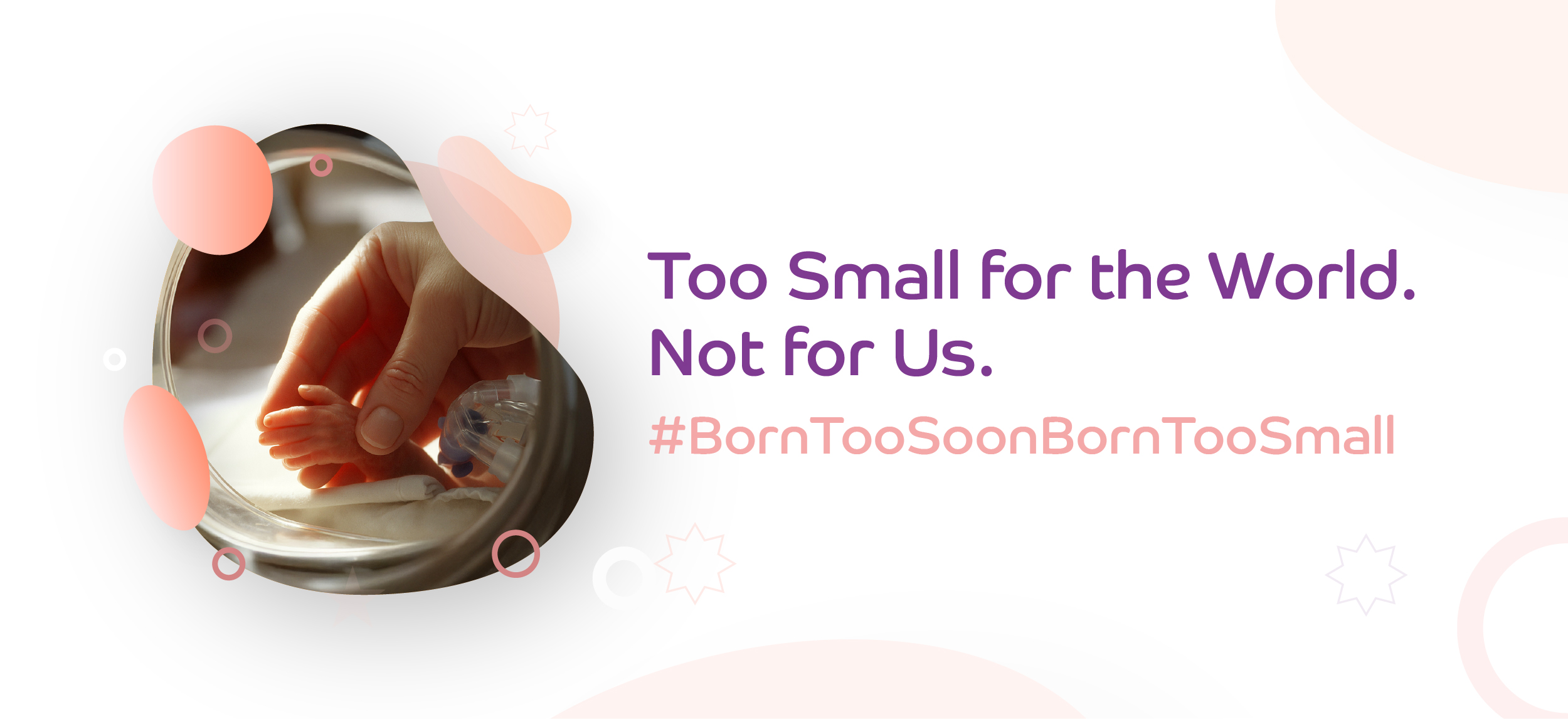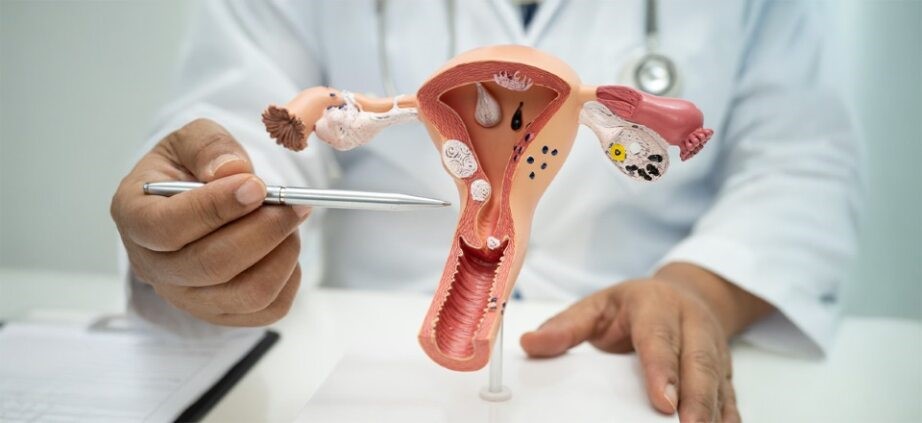Categories
Hypertension In Pregnant Women And The Consequences
Oct 20, 2022
Hypertension or high blood pressure in pregnancy is more common than you think, it is thought to occur in up to 1 in 10 pregnant women. In India alone, the rate of preeclampsia is reported to be 8-10% among pregnant women. High blood pressure during pregnancy may bring some extreme complications such as preeclampsia and damage to the organ system.
This ailment usually happens late in pregnancy, more likely after 20 weeks of pregnancy, although it may occur earlier or simply right after delivery. It simply doesn’t stop here, preeclampsia may lead to eclampsia, a severe condition that can have health risks for mom and baby. It’s a rare but serious situation, high blood pressure leads to seizure and that may result in eclampsia. According to studies, eclampsia affects about 1 in every 200 women with preeclampsia disease.
Symptoms and Cause
You may slow;y develop high blood pressure or it may have an unexpected onset. Doctors advise you to monitor your blood pressure regularly because the first symptom of preeclampsia is commonly a rise in blood pressure. It is abnormal during your physical exam if your blood pressure exceeds 140/90 millimeters of mercury (mm Hg) or greater. It is necessary to know that preeclampsia sometimes develops without any symptoms.
The symptoms you may develop include:
Excess protein in your urine
Sudden weight gain
Changes in your vision
Shortness of breath
Pain in the right upper abdomen
Swelling in your face and hands
Persistent headache
The exact cause of preeclampsia is still undiscovered. Many medical experts think preeclampsia and eclampsia happen when a woman’s placenta doesn’t work the way it should but aren’t exactly aware of why this happens. Some doctors think it might be because of poor nutrition or high body fat and lack of blood flow to the uterus.
Delivery of the Baby
When you’re less than 37 weeks pregnant and have hypertension, your doctor will closely monitor you and your baby. That may comprise blood and urine tests for you and the baby’s growth, ultrasound, heart rate monitoring. If the preeclampsia is serious, your doctor would suggest you deliver the baby early.
Suppose you’re diagnosed with preeclampsia too early in your pregnancy, your doctor will consider both your and your baby’s health in deciding the timing for your delivery. Depending upon the baby’s gestational age and the development of the baby, you will require to induce labor. In rare cases, preeclampsia develops after the birth of a baby, an ailment known as postpartum preeclampsia.
Post-Delivery
After the baby is delivered, preeclampsia symptoms should be resolved on their own. According to medical research, most women will have normal blood pressure readings 48 hours after delivery. At the same time, blood pressure may have elevated again in a few days after the delivery. On that account, you need to have close follow-ups and regular blood pressure checks with your doctor. These are essential even after the delivery of your baby.
Conclusion
During your pregnancy period, take all the prescribed medicine, follow a healthy diet and go for regular prenatal care checkups. Upon identifying the symptoms or signs of conditions like preeclampsia, get a consultation from your doctor. It is highly important to keep yourself and the baby healthy at all times. The well-being of you and your baby is our priority. Let’s welcome the little bundle of joy into your life healthy and safe.











